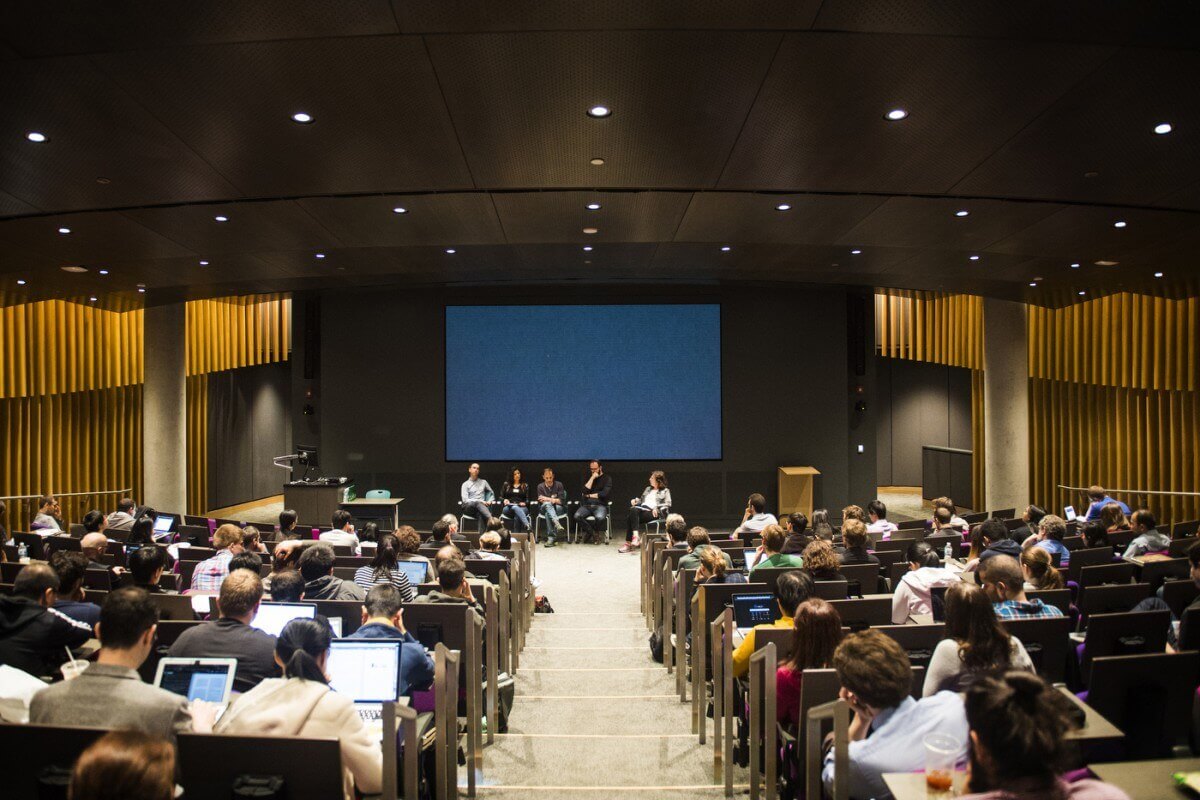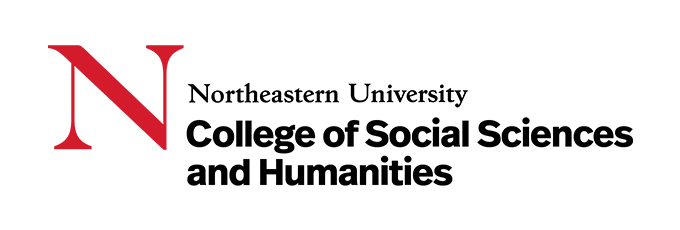The power of data to spark social change is significant and growing. From spotting cracks in peace processes to the mapping of social networks to see how human behaviour can mitigate pandemics, history has shown that persuasive data analysis and visualisation shape decisions about public policies.
In recent decades, the use of quantitative research has become increasingly important across institutions and sectors. Its methods have been used to explore and provide critical information about the “human” side of challenges –– behaviours, beliefs, opinions, emotions, and relationships. They open new avenues of social inquiry and ultimately, create a better world.
If you are looking for a programme that not only bridges the gap between the potential and realisation of data’s influence, but paves the way for a new generation of researchers to provide better, more innovative solutions to global concerns, Northeastern University’s newest addition is the one.
The College of Social Sciences and Humanities now offers a Master of Science in Applied Quantitative Methods and Social Analysis. According to Professor Greg Zimmerman, director of the program, “The Master of Science in Applied Quantitative Methods and Social Analysis offers advanced methodological and statistical training that prepares the next generation of data analysts and social scientists to confront society’s toughest challenges.”

Rigorous and relevant, it is an interdisciplinary degree that educates ambitious social scientists and analysts to deploy computational tools for social analysis. It merges quantitative research methods and analysis techniques with a specialised sequence of courses that tackles the social issues of equity, hierarchy, social organisation and systems.
This programme is designed to produce changemakers, equipping its graduates to:
- Define and address social problems
- Articulate the concepts and theories of quantitative analysis for social inquiry
- Use data to analyse the causes and consequences of social problems
- Apply quantitative techniques in the social sciences
- Communicate research findings to different sets of audiences such as members of the scientific community and the public
The programme’s structure includes two interdisciplinary core courses, a concentration consisting of three courses, and an additional 12 semester hours focused on methodological and statistical applications of core skills. Students can choose from five concentrations to fit with their career and personal goals:
Data Analytics in the Social Sciences
This concentration is designed to provide students with a solid foundation in both big data and data analytics. It covers data management, machine learning, data mining, statistics, as well as visualising and communicating data. Students on this path graduate with the ability to make sound, data-driven decisions across disciplines.
Computational Social Science
When it comes to applying computational analyses to big data in the social science domains, insights need to be collected, analysed, and interpreted. This concentration focuses on computational processes. Applied courses highlight the methods used for computational analysis when developing policies and evaluating their outcomes.
Network Analysis in the Social Sciences
In an interconnected world, problem-solving is crucial. Students in this concentration work to discover and inspire new ways to measure, model, predict, and visualise meaningful interactions and the interconnectivities of social, physical, and technological systems.
Statistical Methods in the Social Sciences
This concentration studies the use of social science quantitative techniques –– emphasising applications that are of value to public sector analysts and researchers. This route is ideal for those students looking to generate and interpret statistical analyses.
Information Ethics
This concentration encompasses the social and ethical issues that surface alongside information and computing technologies. These include the collection and use of data, artificial intelligence, machine learning, social networks, and robotics – amongst many more.

Each concentration offers students a pathway to reap the Northeastern’s signature benefits. The most distinct of all? Its unrivalled cooperative educational opportunities, also known as “co-ops,” that enable students to gain hands-on research and work experience in business, non-profits, and government agencies across the US. This immersive approach is held in high regard by both students and employers. In fact, US News and World Report ranks Northeastern first for internships and co-ops.
Graduates join a network of more than 255,000 alumni and over 3,350 employer partners – including Fortune 500 companies, government agencies, and global non-governmental organisations. At Northeastern University, every aspiring social scientist is well-positioned to transform their own lives by bettering those of others. Learn more about beginning your journey here.
Follow Northeastern University’s College of Social Sciences and Humanities on Facebook, Twitter, Instagram, YouTube, and LinkedIn











